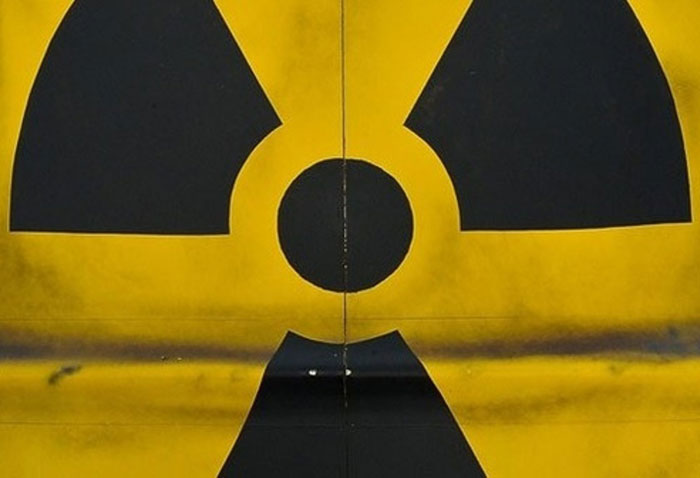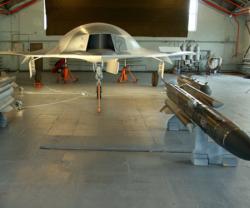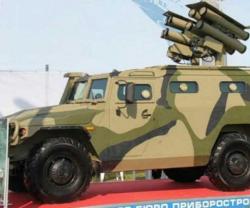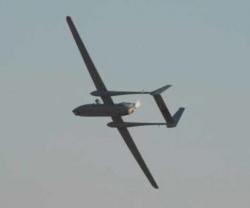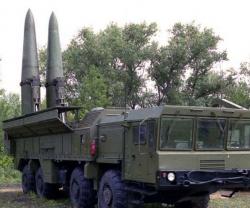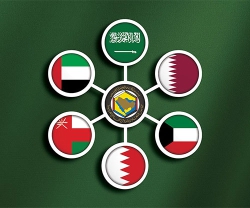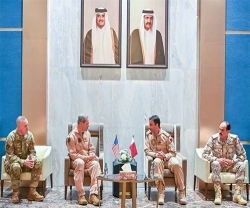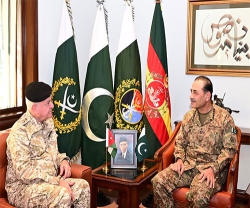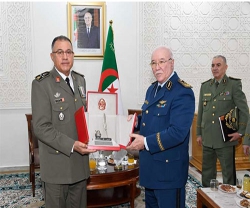Egypt walked out of a round of global nuclear talks in protest Monday, saying other nations are not acting quickly enough to establish the Middle East as a zone free of nuclear weapons.
A statement from Egypt’s Foreign Ministry said the nation ended its participation in two weeks of Geneva talks out of frustration that the zone has yet to be created. The talks run through this week.
“We can't wait forever for the implementation of this decision,” said the Ministry's statement Monday night, explaining that Egypt’s walkout was meant to send a message to the world that it can no longer accept what it considers to be a lack of seriousness on the issue.
But establishing the Middle East as a zone free of nuclear weapons has long been an elusive goal.
The Geneva talks, which have included no negotiations on such a zone, are meant to prepare for the next major review of the 1970 Nuclear Nonproliferation Treaty (NPT) in 2015. Such reviews are held once every five years.
The NPT, which has been signed by 190 nations, is the world’s single most important pact on nuclear arms, credited with preventing their spread to dozens of nations since it was adopted. Israel and Iran, along with North Korea, India and Pakistan, remain outside the treaty.
At the 1995 review, nations adopted the goal of a nuclear-free Middle East, in a concession by the U.S. and others to the Arabs, who wanted Israel to join the treaty and to give up its unacknowledged arsenal of nuclear weapons. In exchange, the Arabs backed the treaty's permanent extension.
But after 15 years of inaction on a nuclear-free zone, Egypt proposed that the 2010 conference endorse launching negotiations to establish one. With no talks started, Egypt said Monday that some other members of the treaty - and non-members - are “obstructing” the goal. Though it did not specify, the reference to non-members was seen as implying Israel.
Ahead of the Geneva talks to prevent the spread of nuclear arms, the U.N. Security Council's 5 major powers (Britain, China, France, Russia and the United States) had again called for progress in establishing a nuclear-free Middle East.
Source: The Associated Press

